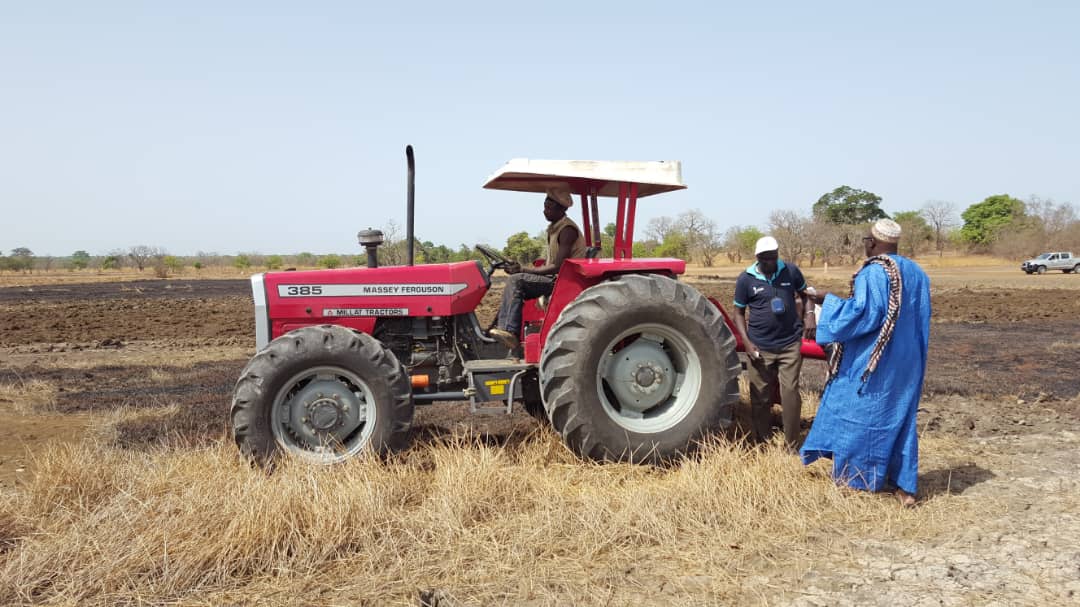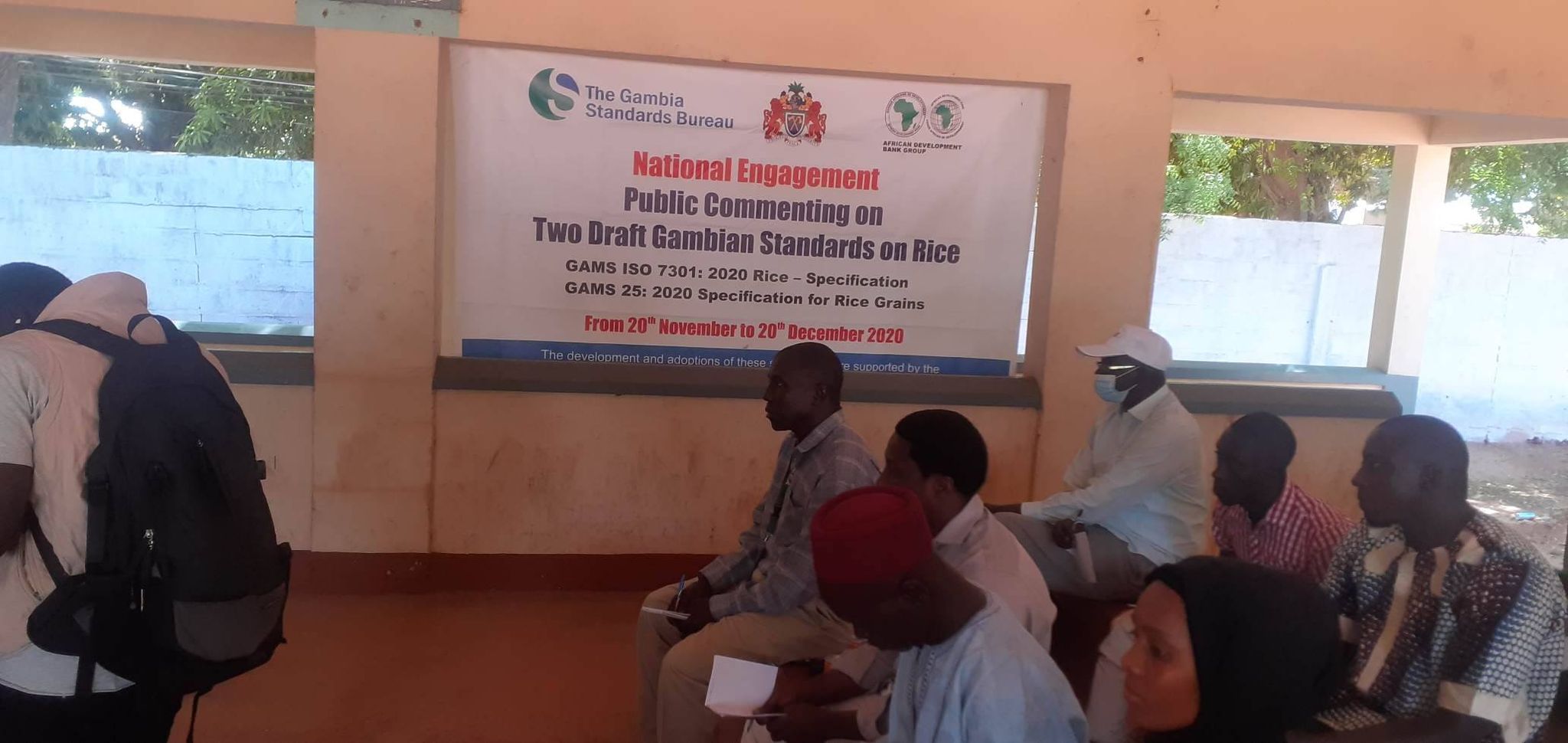The Business Development Officer (BDO) of the National Agricultural Land and Water Management Development Project (Nema), Mr. Banky Njie, has reassured the many determined youths of the country who are aspiring to access the Matching Grant Facility but were finding it difficult, that it’s now “less challenging to access than before”.
In an interview with this medium, he explained that the latest innovative approach taken by Nema through signing a Memorandum of Understanding (MoU) with equipment suppliers to ease a good percentage of loan contribution supposedly by financial institutions, has paved the way for the Matching Grant to be more accessible to the youths and women of this country.
He intimated that developing strong and viable agro-industries requires a different mix of skills, policies and institutions from the traditional, mostly farmer focused, ones.
“Agribusinesses have a different objective function—maximizing profits—and often require an enabling environment to thrive. To fill this gap, a multitude of new policies, initiatives and institutions have emerged in The Gambia in the last two decades. These interventions, mostly designed to facilitate the participation of Small and Medium Enterprises (SMEs), include the Matching Grant Facility in almost all the recent agricultural projects, Business Development Services, Contract Farming and public investment in Equipment/Machinery and Infrastructure Investments.”
Njie further explained that The Capital Investment Stimulation Fund (CISF) known as the Matching Grant Facility – within the Nema project – is designed to innovate, develop and build medium term financial services adapted to women and youth groups and individual-based SMEs in creating opportunities to engage in an agribusiness activity of the rice and vegetable value chains.
The rationale and benefits of the Matching Grant Facility vary. More importantly, it is meant for enhancing private economic activity. For this reason, it targets farmer groups and agribusinesses and are expected to increase their incomes or profitability, improve their competitiveness, facilitate their access to finance, and strengthen collaboration and the development of partnerships.



